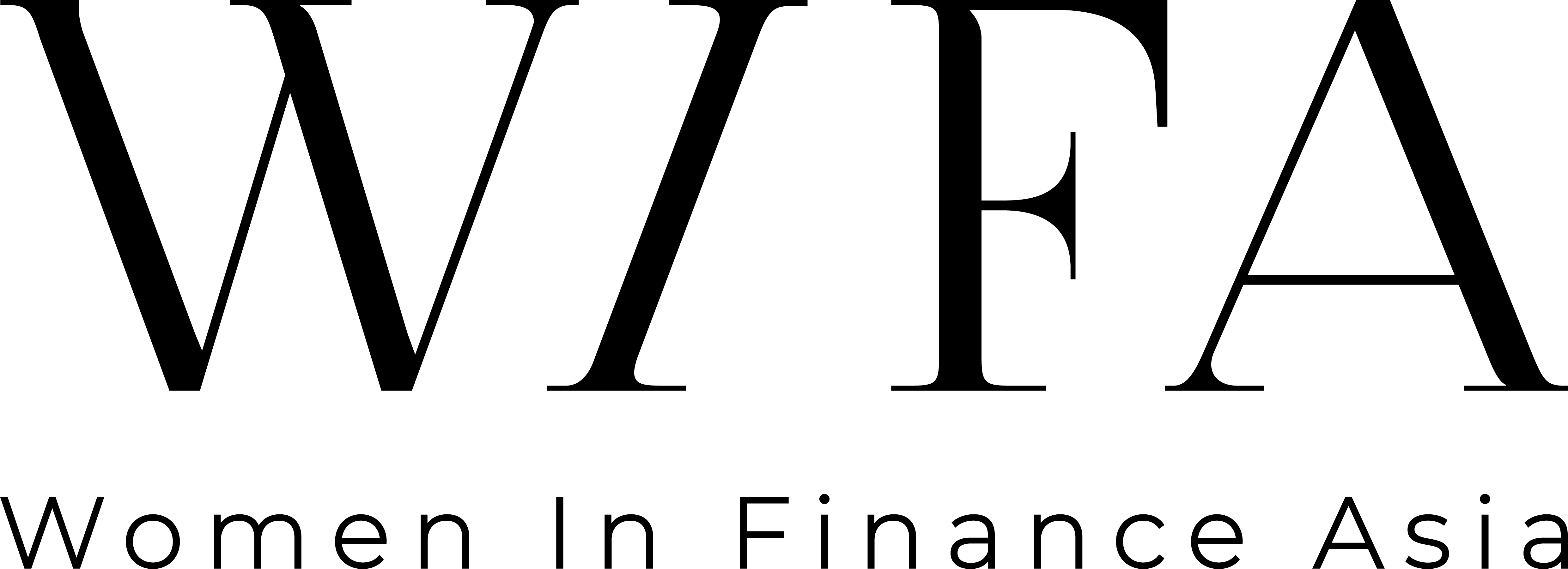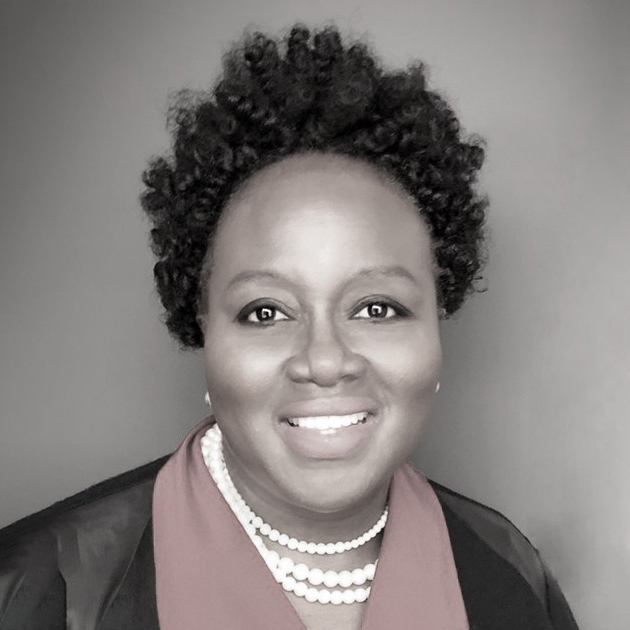Janine Payne, Co-Founder and Co-Executive Director, Institute for the Advancement of Women’s Health, shares with WiFA her experience with mentors and volunteering, who she admires, and much more.
Tell us about your background and the journey to your current position and organization.
I am the co-founder and co-executive director of the Institute for the Advancement of Women’s Health (IAWH), a not-for-profit located in the United States, Virginia. IAWH translates evidence-based women’s health research into palatable and relevant programs such as breast and cervical cancer, menopause, and loneliness and isolation, which has increased since the pandemic. I am primarily driven to support women in enhancing their health and well-being because of my work as program director of health promotion and disease prevention programs earlier in my career. I’ve been fortunate to have had great leaders in my roles as a program manager at two not-for-profit organizations that demonstrated the power of coalitions and behavior change that inspires my work even today. Aside from this work, I have over 20 years in government positions that range from productivity management to a foreign liaison officer and health communications specialist; each career move elevated my opportunity to contribute my experiences while strengthening skills in collaboration around exciting work.
Mentors play an important role in the development of many careers. If you have/had a mentor, what is the one takeaway message or inspiration that they passed on to you?
I attribute my career success and business drive to two female mentors and friends in public health and medicine who helped guide my career choices and enriched my professional and leadership experiences. These women happened to be sisters. One is a community-based health program analyst, and the other was the first African American woman to be sub-specialty trained in surgical gynecologic oncology and a renowned researcher, author, and speaker. They both encouraged me to pursue a Master’s in Public Health after collaborating on several projects together and encouraged the non-profit that I co-founded. Their personal and professional influence reverberates in my soul because they spoke of the importance of “showing up at the table” even when I’m the only woman or African American, and fostered the belief always to make room for others.”
Please tell us how you or someone in your life that you admire provided hope or healing to the family or community.
I lean upon the ancestral roots of giving back to my community, as demonstrated by my grandparents, Clifton, Sr., and Fannie Smith. They heavily influenced my life from childhood to adulthood. They held community meetings in their homes in the 1960s and 70s that cultivated a spirit of cooperation, hope, and healing among neighbors during a tumultuous time in the United States.” They shared harvests from their fruit trees and vegetable garden with anyone in need. They opened their home to women and families that traveled, as they did (with five children, in 1940), from Montgomery, AL to Ohio during the Great Migration.” Helping others to have a better go at life was their unspoken language of love. As Martin Luther King said, “You don’t have to have a college degree to serve. You don’t have to make your subject and verb agree to serve. You only need a heart full of grace. A soul generated by love.”
The pandemic continues to bring new challenges into our homes and workplace. How are you adapting to these changes in terms of volunteering within your community or workplace?
Before the pandemic, I became involved in my local master gardener (MG) program that provides current research-based, horticultural/environmental outreach and education programs for community residents on a volunteer basis. Initially, my MG interest was motivated by my memories of watching and “helping” my grandparents in their garden. I started gardening in 2016 for its joy and even started a Facebook group titled “Share What I Know About Gardening” – to encourage people of all skill levels to share their questions and pictures of what they were growing. In addition, I started engaging in local food justice and security issues. Then the pandemic came, and it became more evident that gardening was crucial to livelihoods as food prices rose and scarcity became an issue. I gladly and humbly became a source of information about gardening to friends, family, and the broader community. I am presently working on a project for women in my community that ties vegetable gardening with strength, endurance, and self-care during the peaks and valleys of life.

